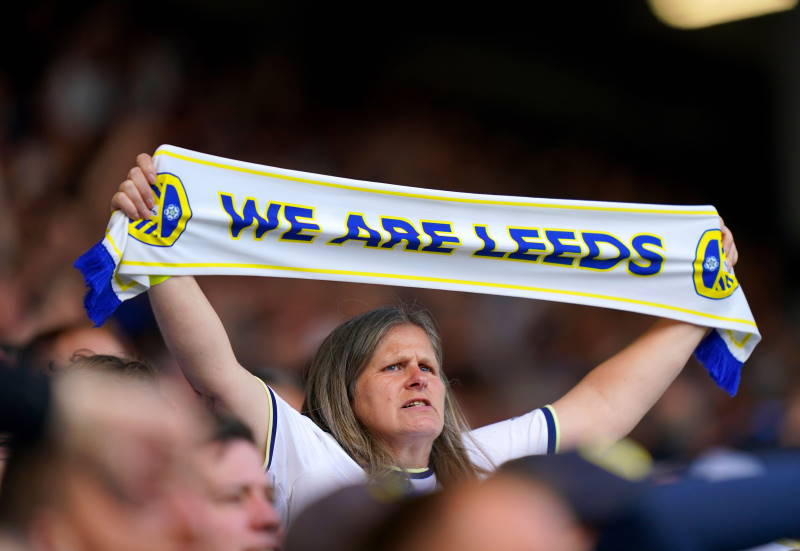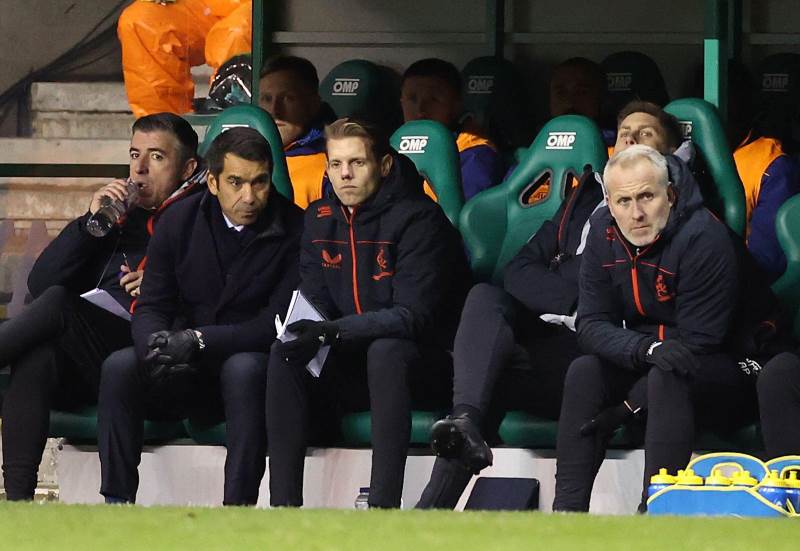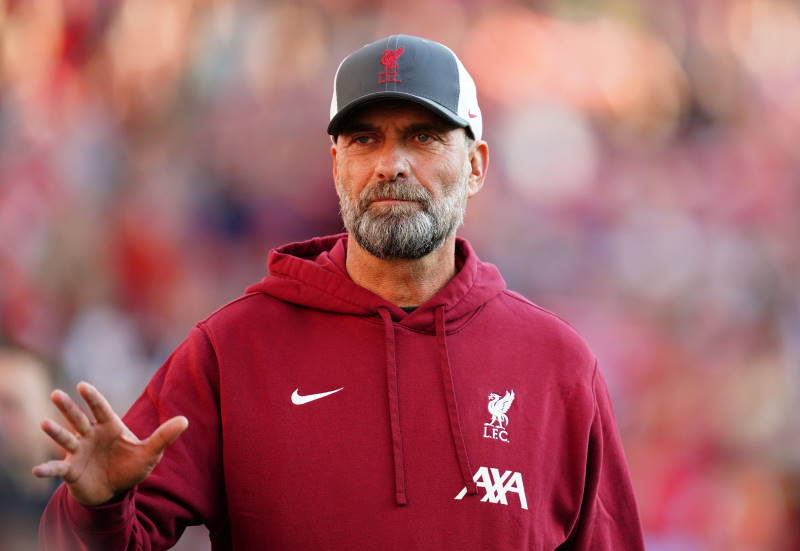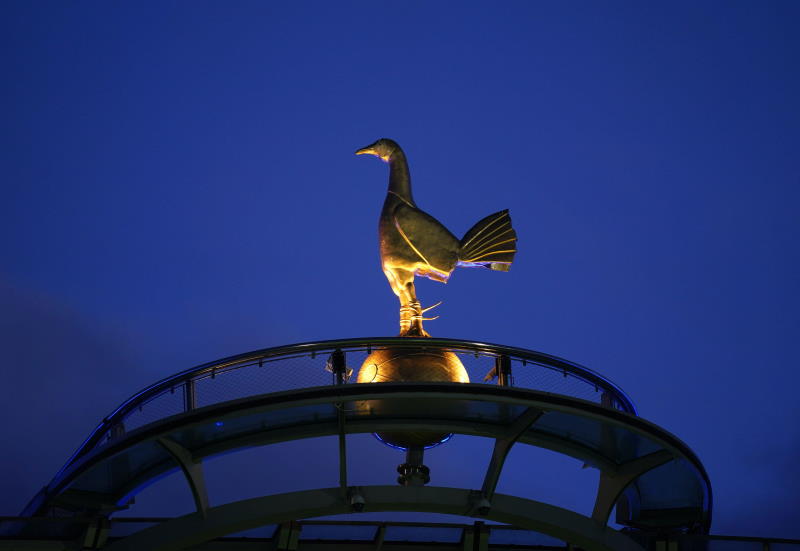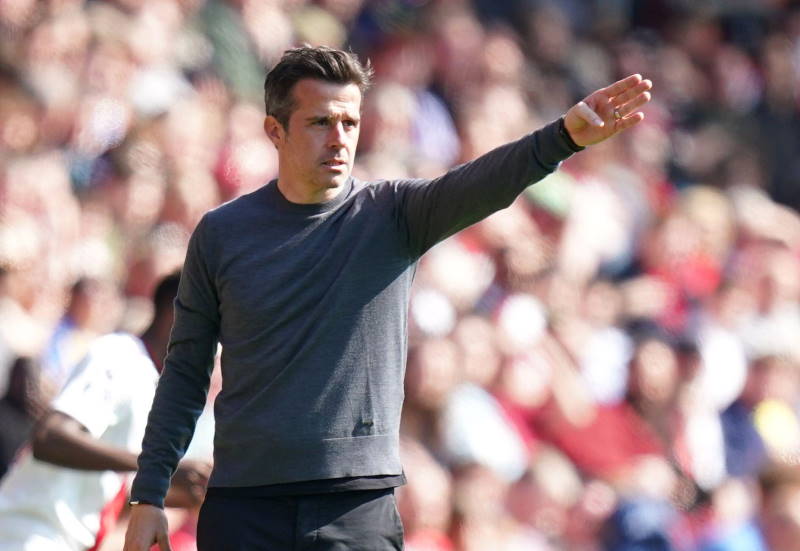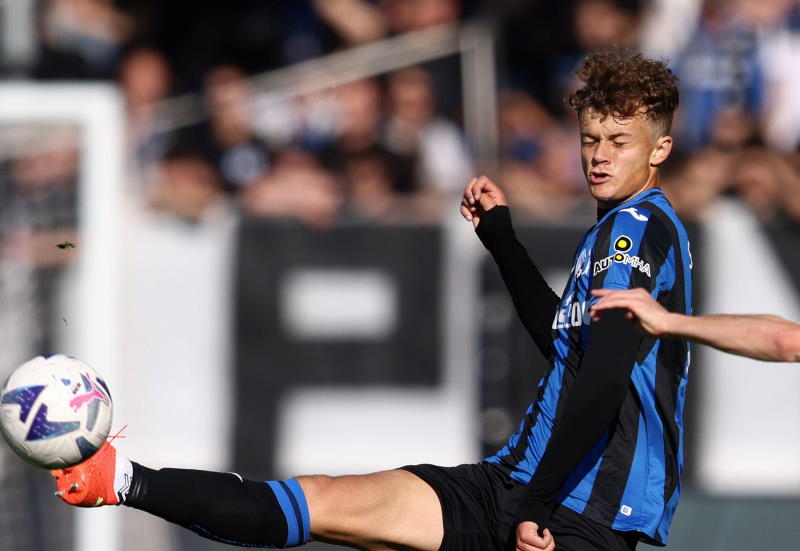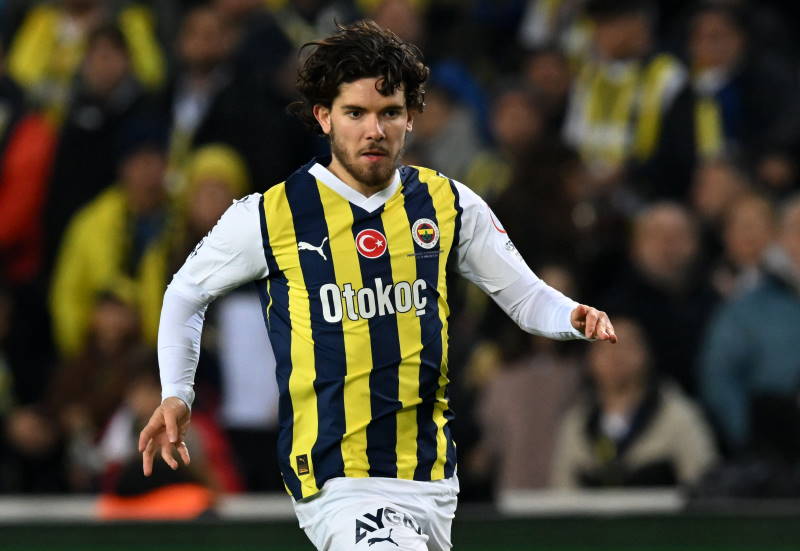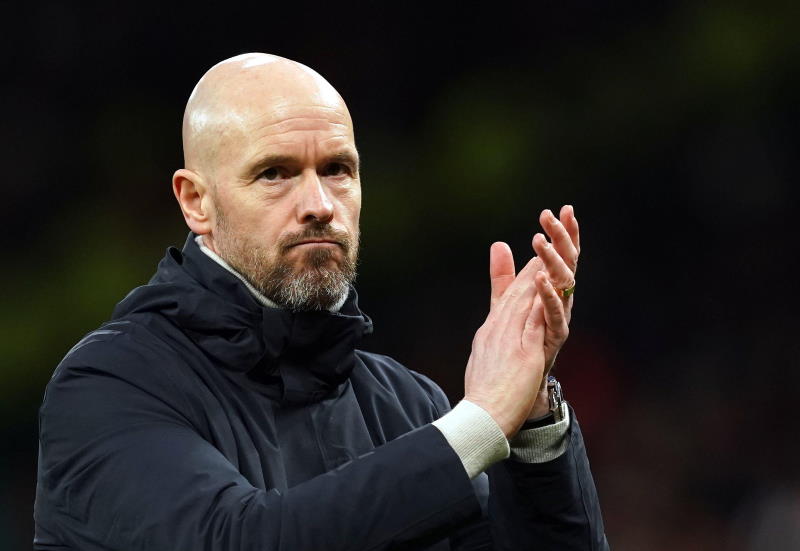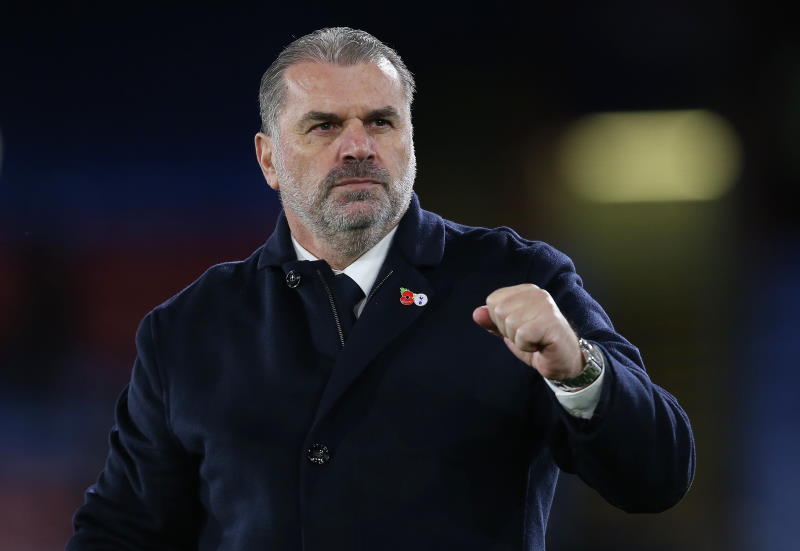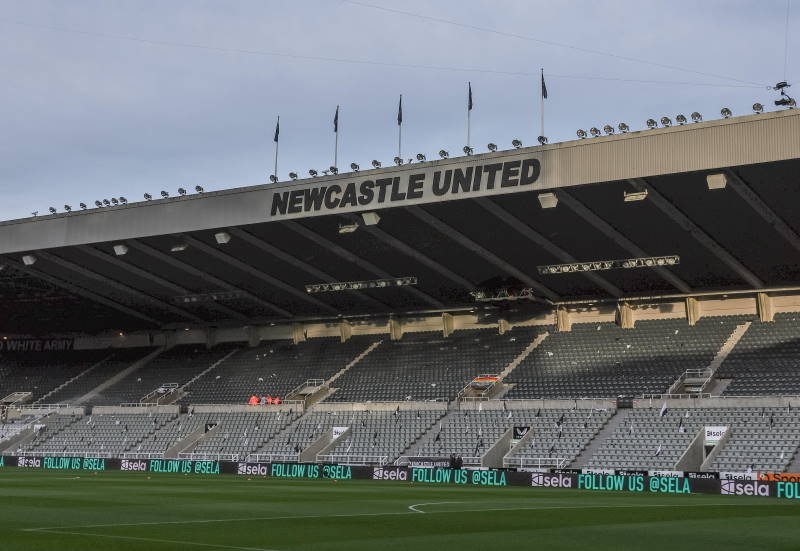
The 2003/04 season provided a memorable year of football. Greece won the European Championships after one of the most unpredictable tournaments ever. FC Porto picked up the Champions League, catapulting Jose Mourinho into the spotlight. And another enduring memory of those twelve months was the sight of Didier Deschamps’ AS Monaco side sweeping all before them in the Champions League – bar of course Mourinho’s Porto.
An unforgettable group stage saw the principality club set a Champions League record, winning 8-3 at home to Deportivo La Coruna in one of the most entertaining games in the competition’s history, and then going on to shock Real Madrid in the knockout stage with a 3-1 win in France after losing the first leg 4-2 in the Bernabeu. The Ligue 1 side beat Chelsea 3-1 at home in the semi-final, having been down to 10 men. The defeat to Porto might have brought their adventure to a cruel end, but it had been quite a season in the French club’s flamboyant history. And but for a certain Portuguese coach, Monaco may have been the story of 2004.
Seven years later and Monaco are languishing near the bottom of the Ligue 1 table – 17th at the time of writing – just a point above the relegation zone, and having been knocked out of the French Cup by fifth tier side Chambery on penalties. Les Rouge et Blanc have reappointed Laurent Banide, who had a spell in charge in the 2006/07 campaign, to replace Guy Lacombe. Struggles include failing to beat Arles-Avignon, this year’s Ligue 1 whipping boys, who picked up just one win and eight points from their first 19 games in the French top flight.
It is perhaps harsh to judge Monaco on their absence from the European scene. But the last few years have seen a succession of mid-table finishes, the disappearance of the side’s flair and a notable lack of stars. Monaco have traditionally been a team of style, home at times to some of the biggest names to grace the game. In recent decades the principality side have played host to the likes of Glenn Hoddle, George Weah and Thierry Henry; and have won the French title seven times.
The most significant factor behind the club’s decline has been the circumstances surrounding the departure of Jean-Louis Campora in 2003. Campora was the club’s longest serving president, reigning from 1976 and overseeing five league title wins. An AS Monaco fan, the president was instrumental in revitalising the club, who won the French title in 1978, in what was a remarkable achievement given the team had only been promoted to the top flight in the previous campaign.
Monaco established themselves as one of the top teams in Europe in the 1980s, and as the decade came to a close, were being managed by Arsene Wenger, who guided the side to a European Cup semi-final in 1994 with the likes of Glenn Hoddle and Enzo Scifo lighting up the Stade Louis II with displays of breathtaking magic.
The flair that symbolises the club was never more evident, ironically, than in Deschamps’ team that progressed to the final of the Champions League the year after Campora’s departure. Financial problems have hastened a decline since those heady European days however. In 2003, Campora left because of severe financial problems which saw Monaco relegated to Ligue 2, with the club needing to find £25M. This situation meant that Deschamps’ side almost missed out on the Champions League the next year, but they received a stay of execution from the French League, were reinstated to Ligue 1, and the rest is history.
Money worries though have not gone away and continue to cast a shadow across the Stade Louis II which no amount of toil on the pitch can dissipate. Whilst the team achieved near miracles on the pitch, those players who had brought such success in Europe sought fame and fortune elsewhere: Ludovic Giuly left for Barcelona, Fernando Morientes returned to Real Madrid, ending his loan spell, and Jerome Rothen moved to Paris Saint-Germain. Other promising youngsters such as Patrice Evra and Emmanuel Adebayor left for England. More important still, was the departure of Deschamps himself in 2005, to be replaced by Francesco Guidolin. It was a hasty exit on the back of a weak start to the season, but given the success of the previous campaign, a significant overreaction which, had Campora been in situe, may have been avoided.
Financial troubles combined with a lack of leadership, which has been marked by inconsistency and indecision, have continued to accelerate the pace of decline. Michel Pastor was Campora’s eventual replacement, but after four years in the role left in 2008 amid a torrent of criticism, to be replaced by Jérôme de Bontin. With 51 players brought in and 66 departed since that memorable 2004 campaign, there has been a distinct lack of continuity at the Stade Louis II. Six coaches have tried in vain to rediscover the golden touch of Deschamps, and all would argue they were replaced before truly having the chance to succeed. Banide’s return to the club is symptomatic of the confused direction which now reigns in the once serene boardroom that had been so dominated by Campora.
Even on the pitch, Monaco have started to play the kind of defensive, predictable football that the "old Monaco" would have never envisaged. It is perhaps a product of the straightened times in which they live. Last month the Conseil National approved a deal which sees the Société des Bains de Mer subsidise the club until the end of season, removing worry over the club’s finances, for now; Monaco have been told to find a solution to their financial difficulties within a year, with the Conseil rapidly running out of patience with a club they have dubbed ‘an athletic failure’ and ‘a bottomless money pit.’
Much will now rest on Banide and his efforts to resurrect Les Rouge et Blanc’s on pitch fortunes. The 42-year-old was part of Monaco’s youth set-up before becoming manager in 2006, and has brought in Sylvain Legwinski – the former midfielder will act as Banide’s assistant – as he attempts to resurrect the spirit of the club through enticing back former players who understood what it means to wear the famous red and white shirt. The stark truth for Banide and Legwinski though, is that regardless of what they can do on the pitch, they may be papering over the cracks of a crumbling house. The future of the famous club is out of their hands.

